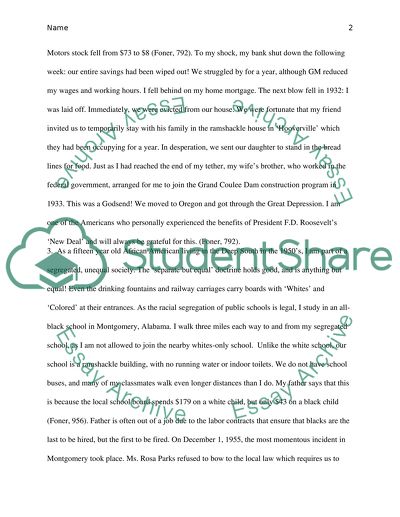History: Four Questions Essay Example | Topics and Well Written Essays - 750 words. Retrieved from https://studentshare.org/history/1454358-history
History: Four Questions Essay Example | Topics and Well Written Essays - 750 Words. https://studentshare.org/history/1454358-history.


